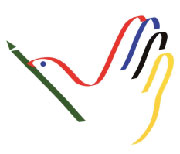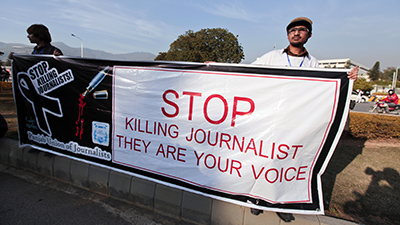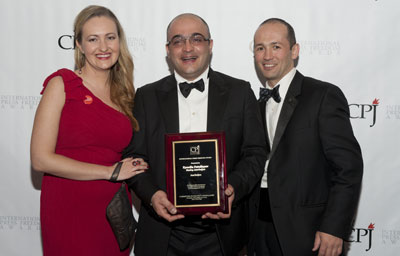UNESCO awards Ahmet Şık annual press freedom prize
New York, April 11, 2014–The Committee to Protect Journalists congratulates Turkish investigative journalist and book author Ahmet Şık on being awarded UNESCO’s prestigious Guillermo Cano World Press Freedom Prize. The annual prize, named after slain Colombian journalist Guillermo Cano Isaza, honors a journalist or organization that “has made an outstanding contribution to the defense of…
Defining success in the fight against impunity
For the second time this year, the U.N. Security Council took up the issue of protection of journalists. In a discussion today sponsored by the French and Guatemalan delegations, and open to NGOs, speaker after speaker and country after country hammered home the same essential facts: The vast majority of journalists murdered around the world…
Take this survey on digital safety, then take these steps
It is an extraordinarily difficult time to be a journalist. Nearly every month, the digital security landscape shifts–new surveillance concerns are unearthed and freshly drafted laws are introduced that seek to curb freedom of expression under the guise of national security.

In 2 major efforts, journalist security tailored to fit
In the past, donors and groups providing security to journalists in less-developed nations tended to export a Western, military-style of training designed for a war-time environment. But the danger of covering combat is one thing. Being fired upon by a motorcycle-riding assassin is another–as is being sexually molested in a crowd, discovering a video camera…

Pakistan’s new effort to improve safety, combat impunity
Representatives from 40 Pakistani and international press groups, development organizations, and media houses came together in Islamabad last week to discuss ways to better protect local journalists at risk of violence, and means to combat the virtually perfect record of impunity that assailants enjoy in this country. It’s none too soon. Three journalists have died…

Will UN plan address impunity, security for journalists?
Here are the facts:A journalist is killed in the line of duty somewhere around the world once every eight days.Nearly three out of four are targeted for murder. The rest are killed in the crossfire of combat, or on dangerous assignments such as street protests.Local journalists constitute the large majority of victims in all groups.The…

London statement urges strong steps to protect journalists
More than 40 media organizations worldwide are demanding urgent action by governments, the United Nations, and the industry to stop violence against journalists and end impunity in attacks on the press. They made their position known in a joint statement delivered today to the U.N. Educational, Scientific, and Cultural Organization (UNESCO).
Brazil restates commitment to press freedom, UN plan
CPJ has received an encouraging letter from Ambassador Maria Luiza Ribeiro Viotti, Brazil’s permanent representative to the United Nations, affirming the country’s support for the UNESCO-led U.N. Plan of Action for Security of Journalists and the Issue of Impunity.
